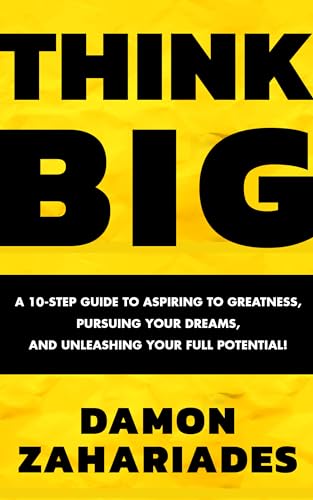There are often blanket claims that the world is facing more problems than ever but there is a lack of empirical data to show where things have deteriorated or in fact improved. In this book, some of the world's leading economists discuss ten problems that have blighted human development, ranging from malnutrition, education and climate change to trade barriers and armed conflicts. Costs of the problems are quantified in percent of GDP, giving readers a unique opportunity to understand the development of each problem over the past century, the likely development into the middle of this century, and to compare the size of the challenges. For example, how bad was air pollution in 1900? How has it deteriorated and what about the future? Did climate change cost more than malnutrition in 2010? Rather than offering definitive answers to the questions asked, this innovative book will spark debate amongst a wide readership.


